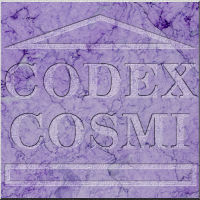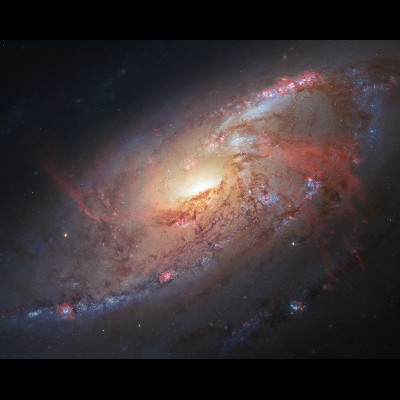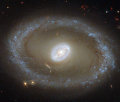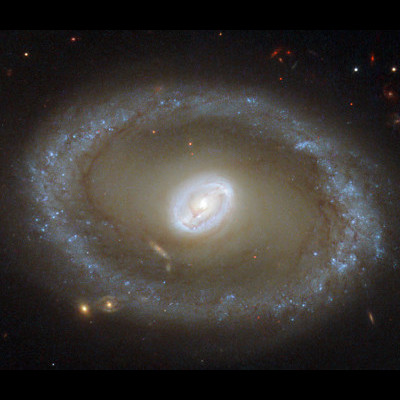
Seyfert Galaxy
Seyfert galaxies are one of the two main groups of active galaxies, along with quasars. Similar to quasars, their cores are very luminous, but unlike quasars, their host galaxies are clearly visible. About 10% of all galaxies are Seyfert galaxies. They have a supermassive black hole in their centre, surrounded by an accretion disk formed of matter falling in. The abundant ultraviolet radiation detected from Seyfert galaxies is thought to originate from the accretion disk. Seyfert galaxies are divided into two main groups based on the emission lines in their spectra.
Type I Seyfert galaxies are very luminous sources of ultraviolet and X-ray radiation. They have two sets of emission lines in their spectra. The lines are produced by ionised gas. Broad lines are up to 10 000 km/s wide and produced in a region surrounding the accretion disk. Narrow lines are some hundreds of km/s wide and produced further out in the system.
Type II Seyfert galaxies are bright in infrared wavelengths and have a bright core. Their spectra contain only narrow emission lines.
Taustan kuva:
Background image:
ESO







